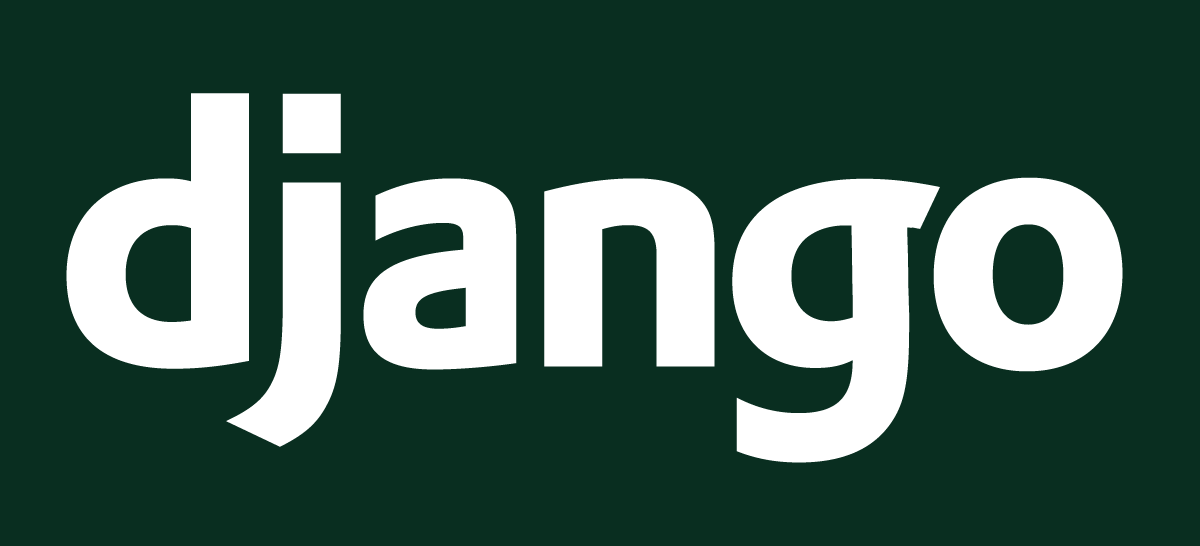Coaches
To make the workshop successful, you need to have good coaches. You don't necessarily need someone with a huge Python/Django knowledge. You are looking for people who can teach others and can inspire them to learn.
If you run the event as a part of a Python/Django conference you will probably have no problem with finding people willing to help. In case of a standalone event, you should contact the local Python/Django community. There are also people who like to travel and help out with this kind of event.
Make sure you have some backup plan if one or more of your coaches won't show up.
Call for coaches
It is important to start looking for coaches as soon as possible. Create a separate form for them. Ours looked like this:
- What's your name?
- What's your e-mail?
- Your Github username if you have one.
- What operating systems are you comfortable with? If possible we would like to give you a group that works with the same operating system as yours. (Windows | Mac OS X | Linux | Other)
- If we won't find a group suitable for your operating system, are you willing to work with Windows?
- What languages do you speak?
- Will you have time before the workshops to help your group (3 people) to install Python and Django via Google Hangout/Skype/e-mail?
- Will you have time to meet us and other coaches a day before the workshop?
- Do you have any previous experience with teaching others? Tell us about it.
- Do you have any dietary restrictions?
- What’s your t-shirt size?
- Short bio (3-4 sentences about yourself)
- Do you want to be added to the workshop's website?
If they say yes to the last question, you can ask them:
- How they want to be called (full name, first name only, pseudonym, etc)
- A link to their photo (at least 200 x 200 pixels) (not mandatory)
- Their Twitter handle (not mandatory)
- An URL to a personal blog, website, etc. (not mandatory)
You can use different services like Google Form or Typeform to create a form. When your form is done, add a link to it in the Coach section of the Website Contents part in your admin interface.
How many coaches do I need?
Participants always work in groups of 3 attendees and 1 coach, so if you're organizing an event for 30 participants, you'll need 10 coaches.
How to find coaches?
There are lots of ways to do that but here are some ideas for you:
- Google. Almost every country and city has some sort of local community of developers. Identify a local Python / Django meetup or user group and just attend it. Ask the organizer for a couple of minutes on the microphone and don't be afraid to explain what Django Girls is and ask for their help. We're sure you'll find someone who will be willing to help.
- Identify the local Python / Django software houses or companies and send them an email asking for help.
- Ask friends and friends of friends for help. You never know how connections can go a long way. Often one key person can introduce you further.
How to choose the coaches?
Coaches are important, so it is good to know they are people you trust and are friendly, patient and willing to help. You need somebody who will invest their time before, during and after the workshop.
If the potential coach is not responding to e-mails for a couple of days, is not willing to meet other coaches or help with the installation party, then you probably want somebody else.
It would also be lovely if you could find some coaches among previous Django Girls attendees!
Meta coaches
We think it is a good idea to have one more experienced coaches on site that are not assigned to any group. Not all of your coaches need to be super advanced. When difficult challenges pop up, having a meta coach available to assist a coach in working through the problem is very helpful.
If meta coaches are used, it is important that as their name implies, meta coaches are coaches for coaches. This means all of the coaching rules, tips & tricks apply: Meta coaches are available to help, not to take over. Set the expectation among your meta coaches that they should always acknowledge and communicate with the coach before helping a member of their group, ideally working through the problem together. This approach ensures coaches remain empowered and that in addition to learners getting the help they need, coaches become better coaches. A perfect recipe for a meta coach!
Coaches briefing
It is good to create a meeting/hangout for coaches before the event. They should at least know each other so that they will know who to ask for help during the workshops. It's also a good idea to send them the coaching manual to help them prepare for the workshop.
Some information worth mentioning:
- the coaches should know the detailed schedule for the event (also tell them if and when there will be an official introduction)
- it's important to highlight that they should provide help for the attendees not only with the technical details - it will make the attendees feel safe if the coach will know some other details
- if this is possible ask the coaches to verify if their group is at the level they have stated in the registration form
- ask the coaches if they need help with the tutorial - maybe some of them have some specific questions or want to discuss it with others?







